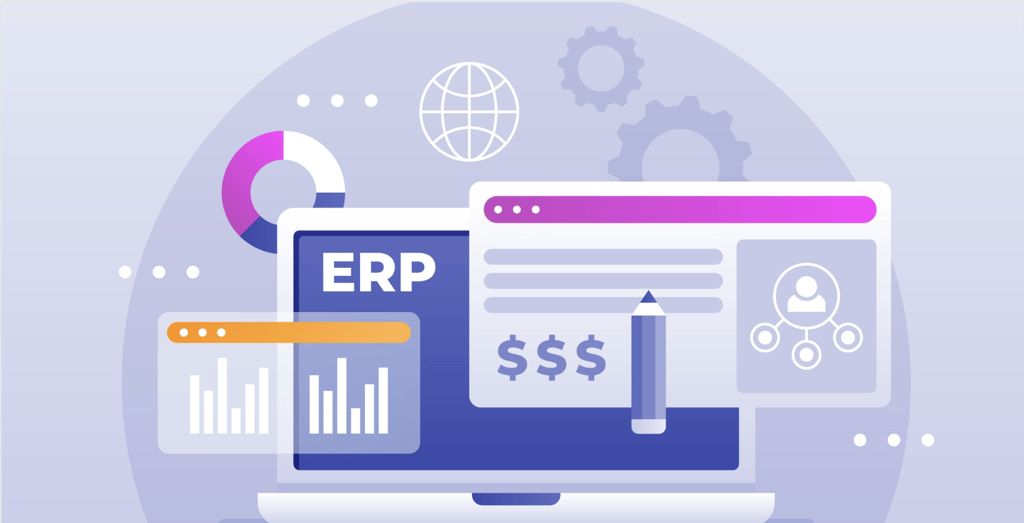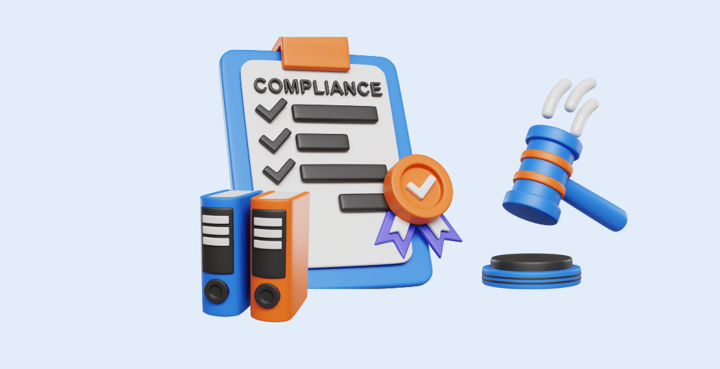
There’s no doubt that Enterprise Resource Planning (ERP) software is invaluable to many businesses operating around the world today, and the data collated from these systems is both insightful and practical.
But too many businesses are using their ERP as a ‘one size fits all’ approach to data analysis and planning, when in reality, an ERP should be just one aspect of an effective business strategy. Here are five instances where an ERP-only approach falls short of being comprehensive for most contemporary business needs.
1. Summary trends are often ignored
Enterprise Resource Planning solutions focus on detailed data based around individual business transactions, which is interesting but more difficult to make use of than summary data which can be used to identify trends across time.
2. Reporting is a key flaw
It is rare that businesses find their reporting needs are completely met by their ERP. Other tools are often needed in order to make reporting both accurate and efficient. Otherwise, financial reporters are likely to waste hundreds of hours simply compiling and reporting on the data.
3. Custom reporting is far from simple
Developing custom reports using ERP software is not just time-consuming, it’s incredibly complex and vulnerable to mistakes. Businesses that lack staff with dedicated report development skills are usually better off implementing Business Intelligence (BI) or specialist solutions which will flex to meet their needs rather than trying to customise reports using their ERP.
4. Data input vs. data output
In a nutshell, ERPs are designed to prioritise data in, rather than data out; they use an OLTP system, which is built for simple queries, with a focus on inputting and storing data in a database. This aspect of ERPs alone makes it impossible to use effectively without employing other systems alongside it.
5. Inputting data can be difficult
As an OLTP system, data is everything to an ERP, but usually, the only way to input data is manually. This means that businesses must either spend hours inputting collected data or simply accept that the data their ERP is using is incomplete. Neither of these should be deemed acceptable when more adaptable Intelligence solutions exist on the market today.
Your ERP can be an effective way to store, collate, and manage data relating to your business, but it is not enough in isolation. An ERP is best employed alongside BI or purpose-built tools, such as Xelix. Together the systems can collate data, analyse, and drive predictions in an accurate and time-efficient way. This saves your business money, whilst helping to optimise your internal processes.




